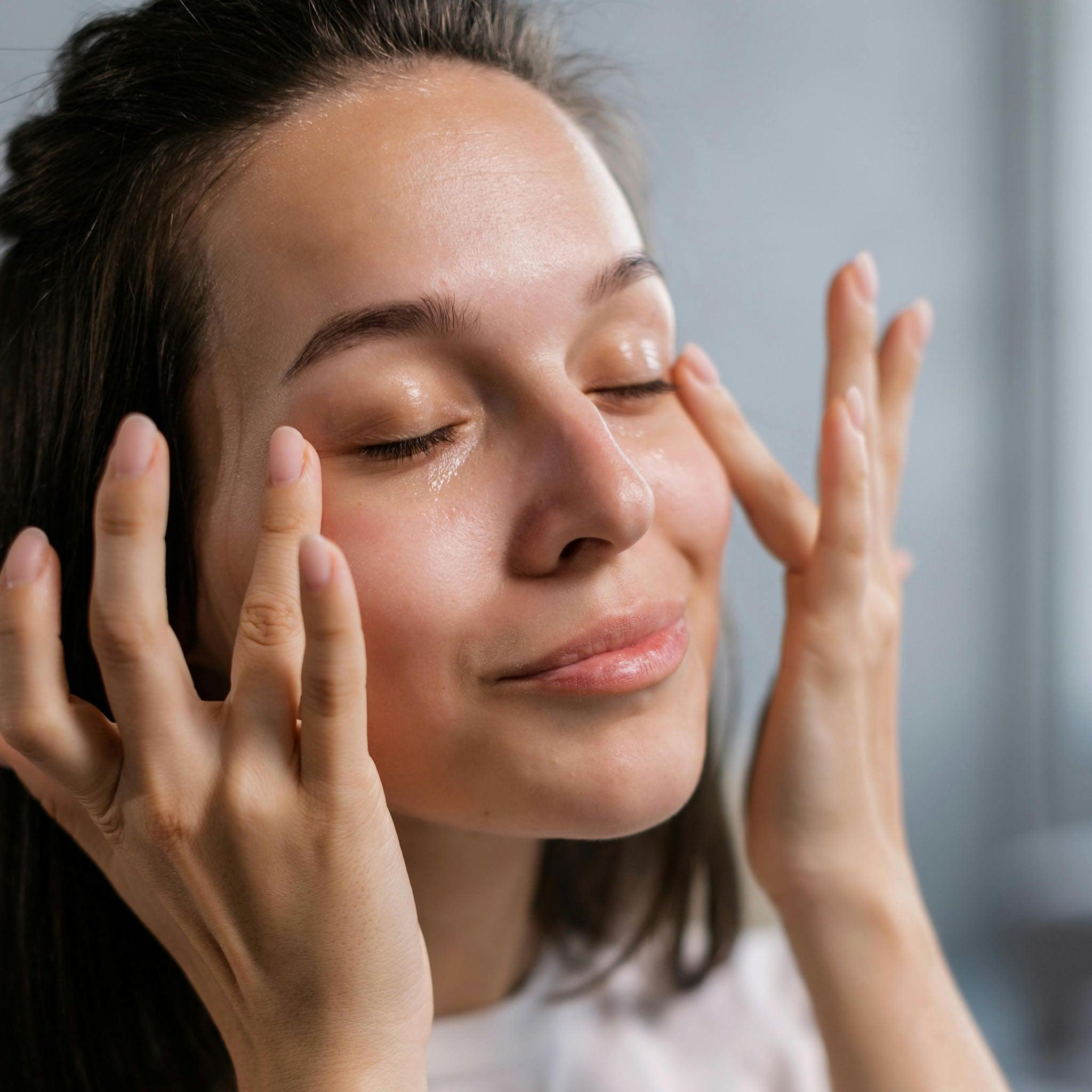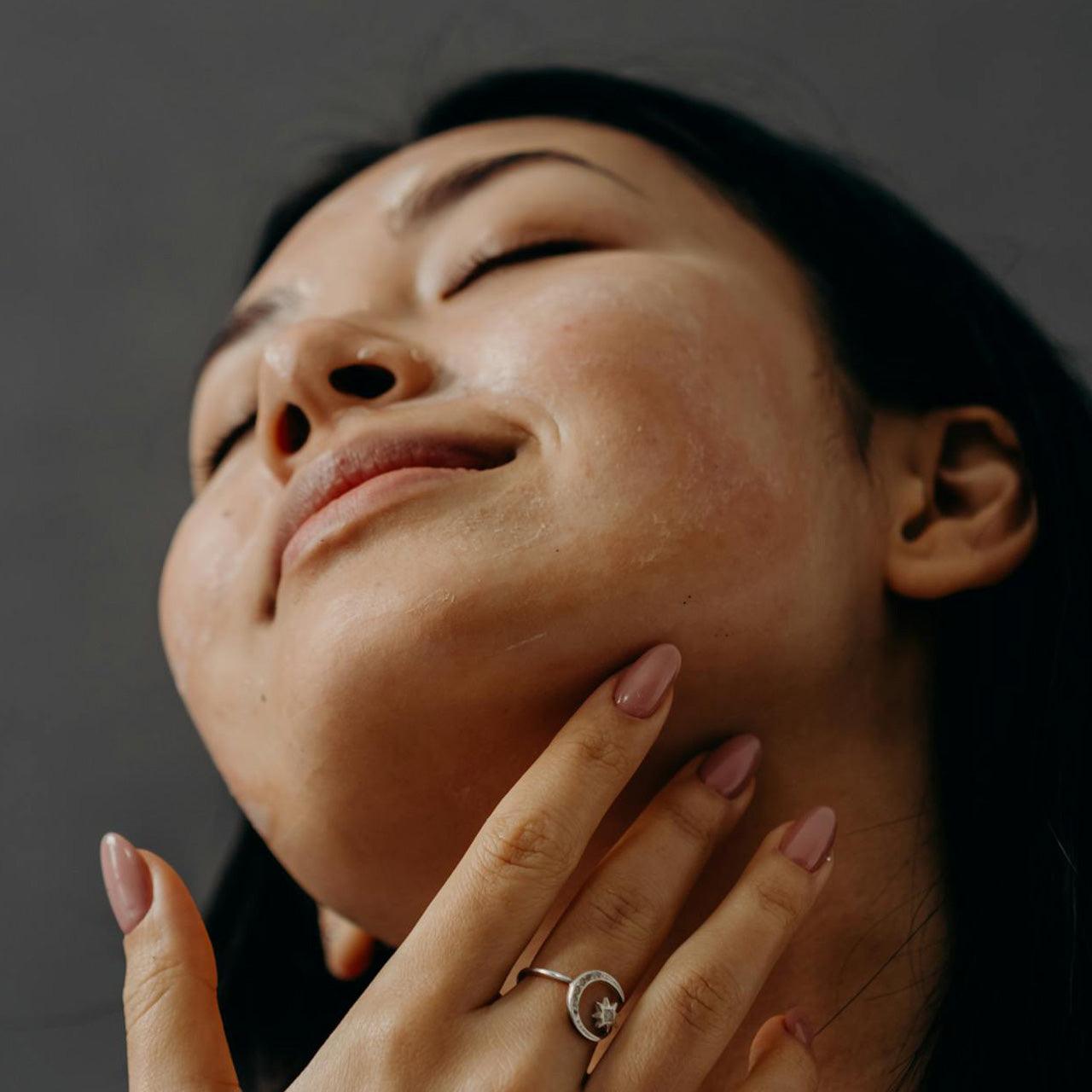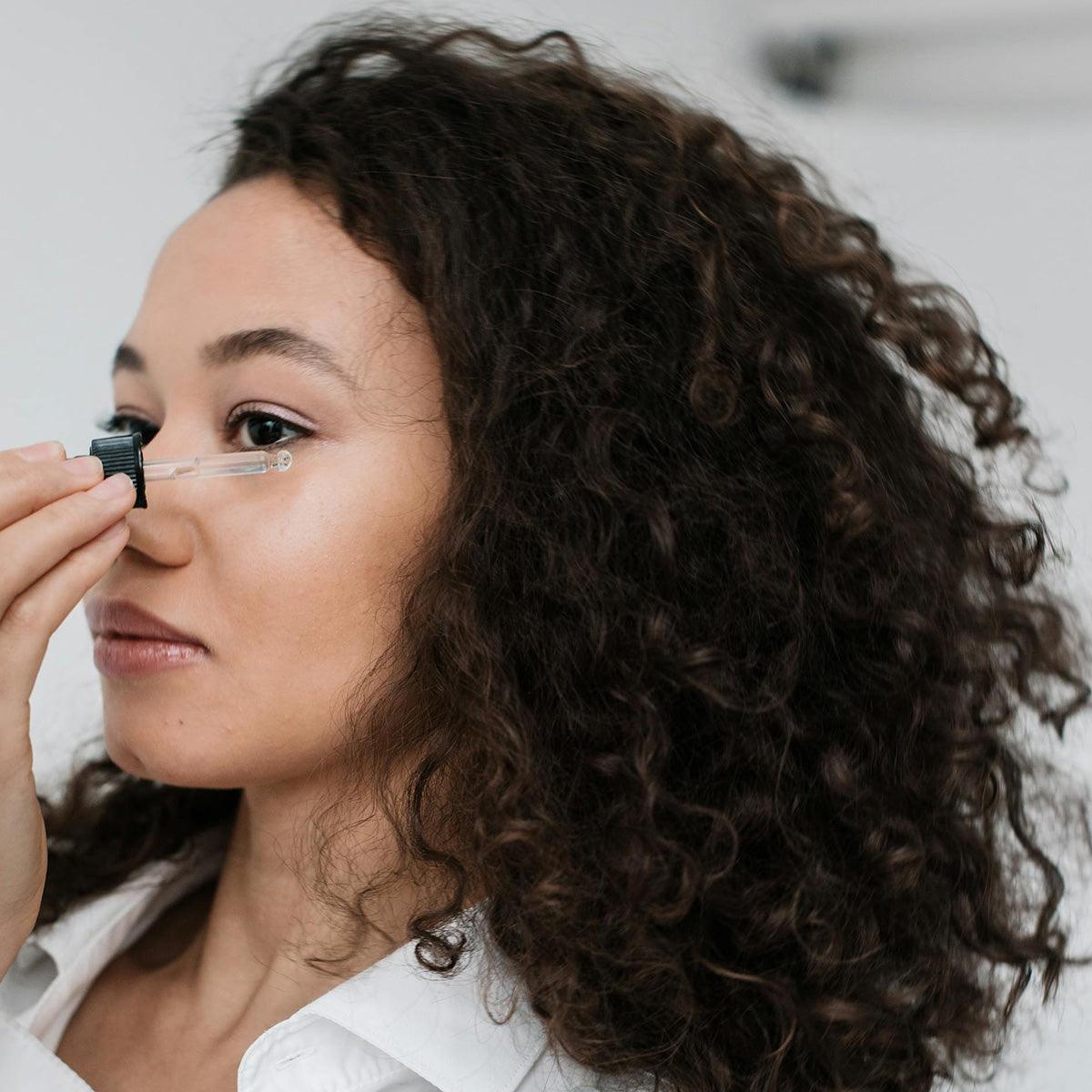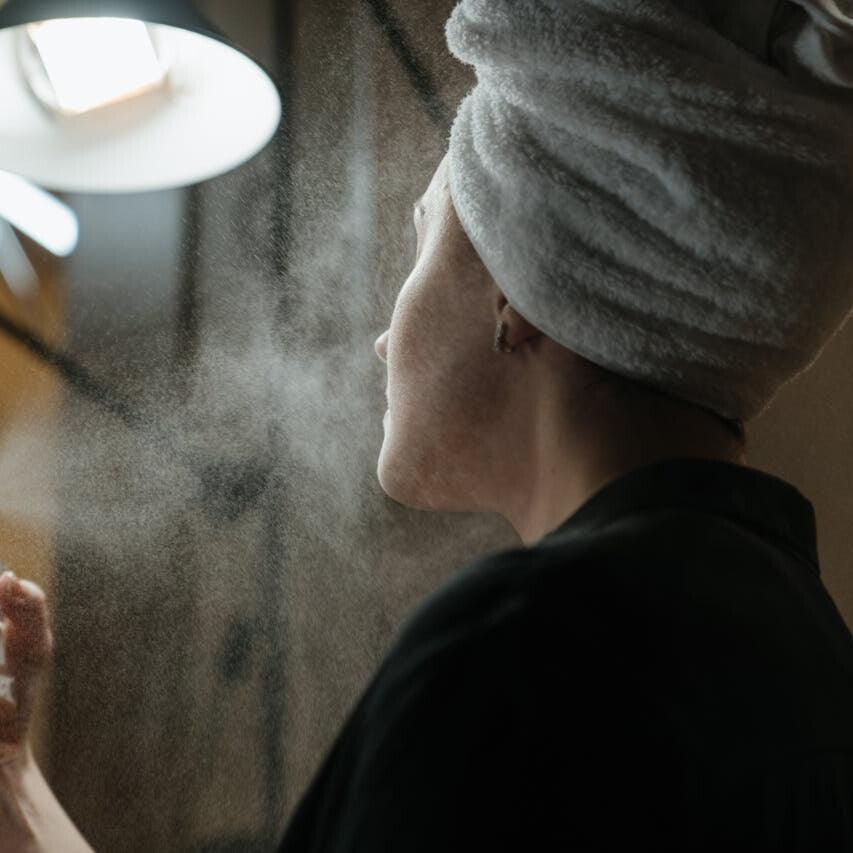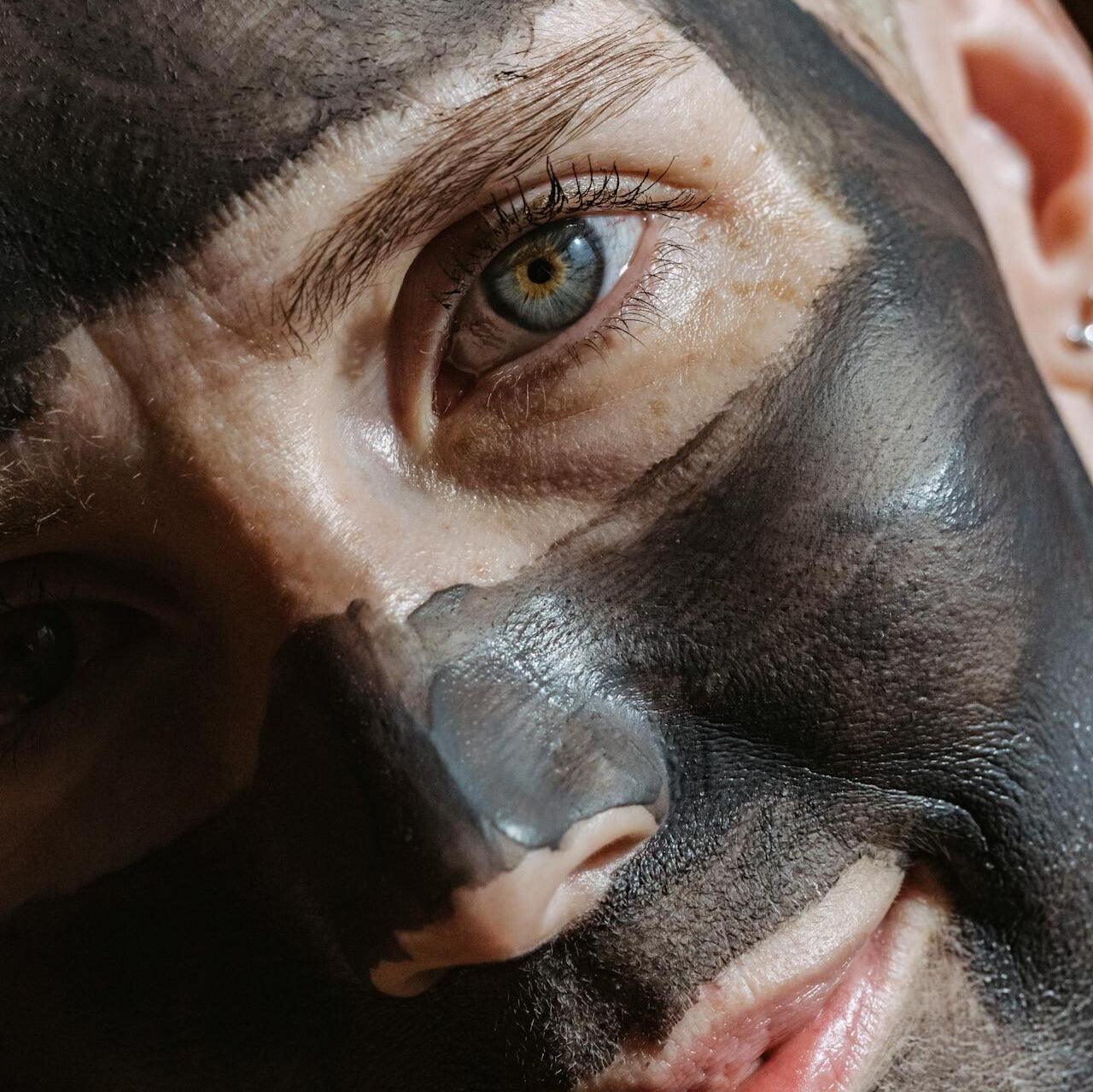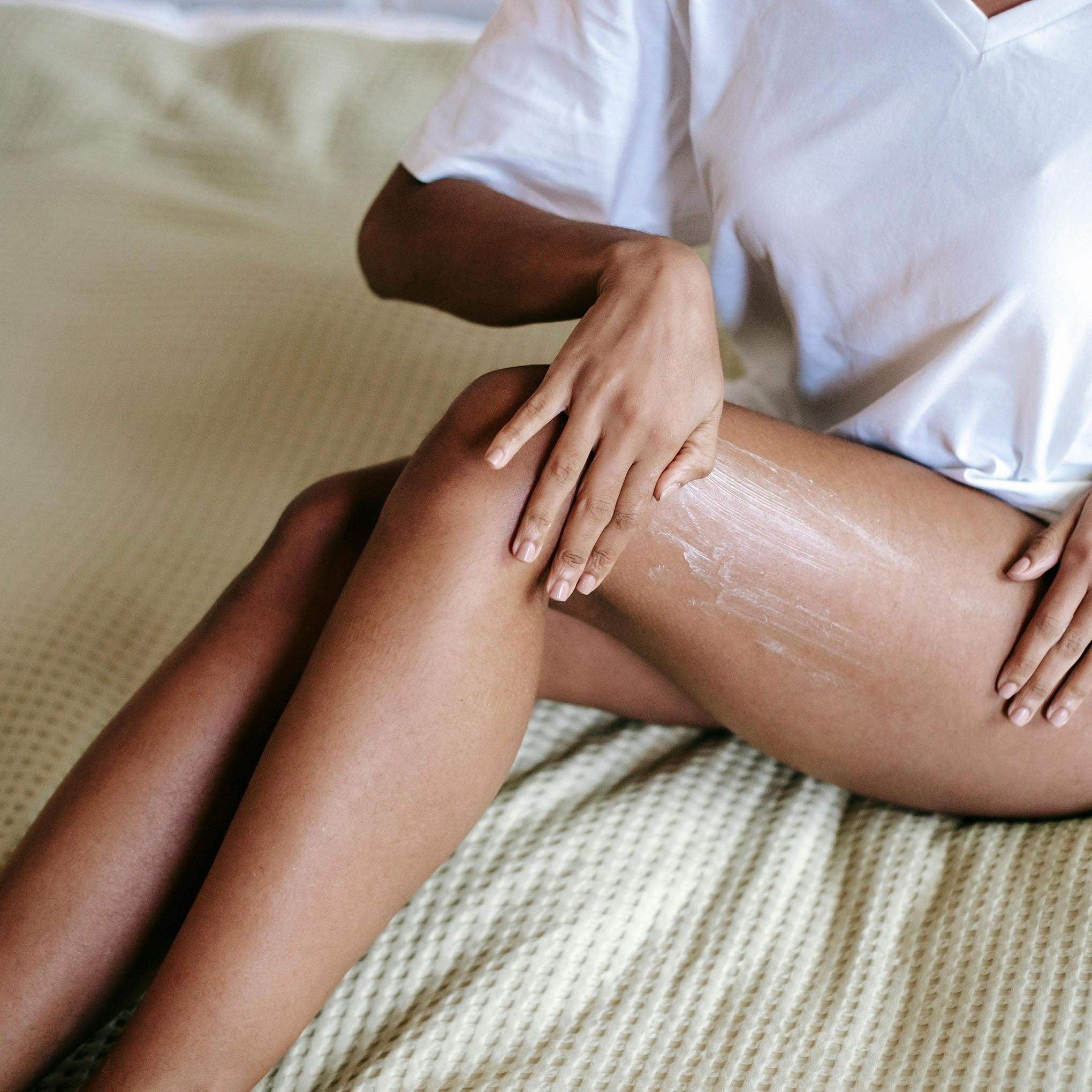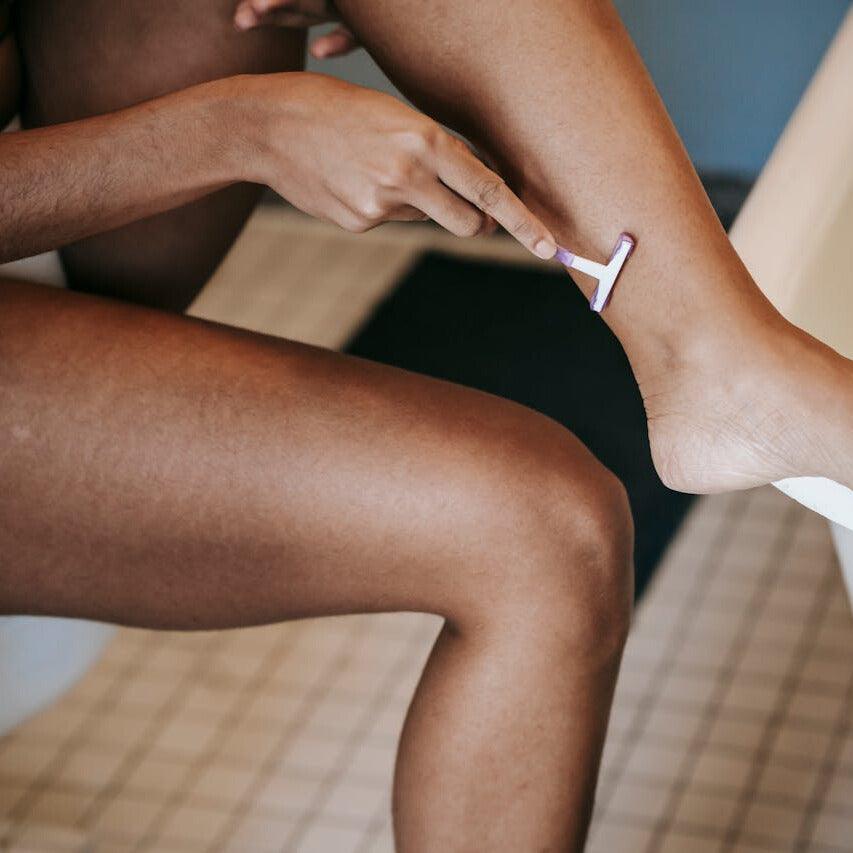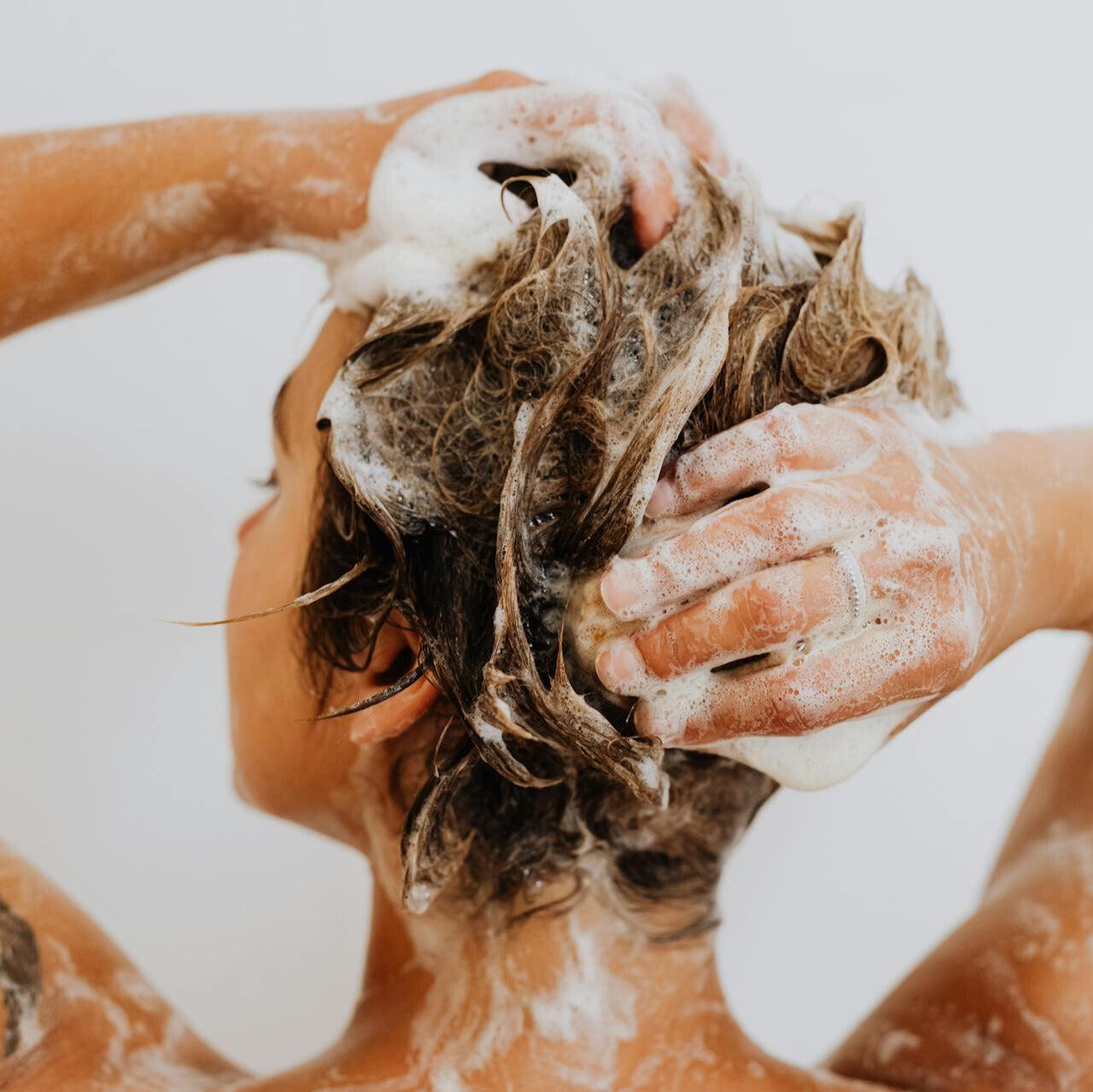Discover why your skin microbiome is the secret to healthy, glowing skin. Learn what damages it, how to protect it, and the best microbiome-friendly skincare strategies.
Introduction: The Secret World on Your Skin
Imagine hosting a party on your face—with billions of guests. Some are great (they keep troublemakers in check), and others… well, they’re freeloaders that cause chaos. This isn’t a horror story; it’s the daily life of your skin microbiome—a complex ecosystem of bacteria, fungi, and other microbes that live on your skin.
Here’s the kicker: your skincare routine can either feed these friendly guests or starve them out. And when you upset this balance, your skin retaliates with breakouts, sensitivity, dryness, or even chronic issues like eczema and rosacea.
So, let’s uncover what the skin microbiome is, why it matters, what kills it, and how to choose products that keep it thriving.
What Is the Skin Microbiome?
Your skin isn’t just skin. It’s a living, breathing ecosystem covered in trillions of microorganisms—including bacteria, fungi, viruses, and even mites (don’t freak out—they’re friendly).
- Diversity is key. A healthy skin microbiome is like a rainforest—rich in species, balanced, and self-regulating.
- Personalized. Your microbiome is unique, influenced by genetics, environment, diet, and yes—skincare.
- Dynamic. It shifts with your hormones, stress levels, and lifestyle choices.
Think of the microbiome as your skin’s immune system assistant. It communicates with your body, teaching it what’s friend and what’s foe.
Why the Skin Microbiome Matters for Healthy Skin
When balanced, the microbiome:
- Protects against external pathogens by outcompeting bad bacteria.
- Supports the skin barrier, keeping hydration in and irritants out.
- Regulates inflammation, calming redness and sensitivity.
- Helps synthesize nutrients, like certain vitamins and fatty acids.
But when disrupted—a condition called dysbiosis—things go south.
Dysbiosis = less diversity, more chaos → acne, eczema, rosacea, sensitivity, and premature aging.
Signs Your Skincare Might Be Damaging Your Microbiome
Is your routine guilty of microbial murder? Here are the red flags:
- Tight, squeaky-clean feeling after cleansing – Over-cleansing strips oils and microbes.
- Frequent breakouts after harsh treatments – Disruption invites opportunistic bacteria.
- Persistent dryness or sensitivity – A sign your barrier (and its microbial guardians) is compromised.
- Rampant use of acids or antibacterials – Great for sterilizing… terrible for living ecosystems.
If your skincare feels like a war zone, your microbiome is likely the collateral damage.
Common Ingredients That Cause Dysbiosis
Not all skincare is microbiome-friendly. In fact, some of the most common “clean” products still kill good bacteria.
Biggest offenders:
-
Sulfates (SLS, SLES): Harsh foaming agents that strip everything.
-
Alcohol (high concentrations): Instant microbial genocide.
-
Benzoyl Peroxide: Powerful acne fighter—but wipes out good bacteria too.
-
Preservatives like parabens or phenoxyethanol: Not microbiome-approved.
-
Perfumes and Synthetic fragrances: Irritate skin and harm microbes.
How to Feed and Protect Your Skin Microbiome
You don’t need to douse your face in yogurt (please don’t). You need products that nurture—not nuke—the ecosystem.
Microbiome-Friendly Skincare Principles:
- Gentle Cleansing: Avoid harsh foaming agents. Look for sulfate-free options.
- Balanced pH: Your skin thrives at a slightly acidic pH (~5.5).
- Barrier Support: Use oils, ceramides, and fatty acids.
- Prebiotic Ingredients: Aloe vera and botanicals are Food for your good bacteria.
- Avoid Acids or Abrasives for Exfoliation: Use fruit enzymes instead.
The Role of Prebiotics, Probiotics & Postbiotics
- Prebiotics: Plant-based fibers that feed good microbes (e.g., aloe vera, botanicals).
- Probiotics: Live bacteria (hard to stabilize in skincare).
- Postbiotics: Metabolites produced by probiotics—think peptides and enzymes.
Many advanced formulations now use fermented botanicals to deliver pre- and postbiotic benefits naturally.
OM Botanical’s Approach to Microbiome-Friendly Skincare
At OM Botanical, the philosophy is simple: don’t fight nature—work with it and create a balance. That means:
- No sulfates, parabens, or synthetic preservatives that disrupt microbiota.
- pH-balanced formulations that respect your skin’s acid mantle.
- Plant-based prebiotics from full-spectrum Ayurvedic herbs and ferments.
- Cold-processed oils to feed and fortify the barrier without clogging pores.
Example products:
- One Step Exfoliating Face Cleanser – Cleans without stripping natural oils.
- Niacinamide Face Serum – Balances microbiome and strengthens barrier.
- Age Defying Skin Food – Packed with prebiotic botanicals.
Building a Microbiome-Safe Skincare Routine
Here’s a 3-step minimalist routine that keeps microbes happy:
Step 1: Gentle Cleanser: Skip the squeaky-clean. Use a sulfate-free, low-foam cleanser that preserves the microbiome.
Step 2: Prebiotic-Rich Serum: Look for niacinamide and herbal extracts that reduce inflammation and feed your good bacteria.
Step 3: Microbiome-Friendly Moisturizer: Barrier-supporting oils + plant-based actives = microbial harmony.
FAQs About Skin Microbiome
Q: Can antibiotics in acne meds harm my skin microbiome?
Yes. Oral or topical antibiotics wipe out good bacteria, often leading to rebound breakouts.
Q: Does diet affect skin microbiome?
Absolutely! Fiber-rich foods, fermented products, and hydration improve diversity.
Q: Can I restore my microbiome after years of harsh products?
Yes, with gentle, prebiotic-rich skincare and patience.
Conclusion: Your Skin Isn’t Just Yours
Your skin is a shared ecosystem—and when you nurture it, it rewards you with resilience, radiance, and health.
Instead of nuking your microbiome in the name of “clean,” choose products that respect the life on your skin.
(Psst… OM Botanical makes it easy with microbiome-friendly, Ayurvedic, plant-based formulations.)

